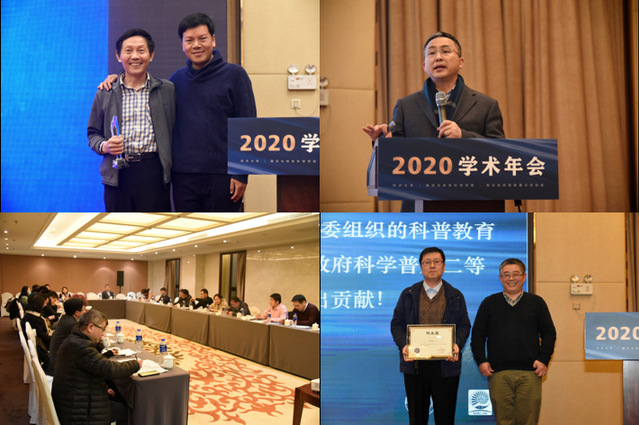The 2020 Academic Annual Meeting of MGLAB and School of Ocean and Earth Science was convened in Lingang (Shanghai) on Dec. 26-27. More than 160 participants, including all faculties and post-doctors in School of Ocean and Earth Science, as well as researchers from the China National Scientific Seafloor Observatory, attended this meeting.
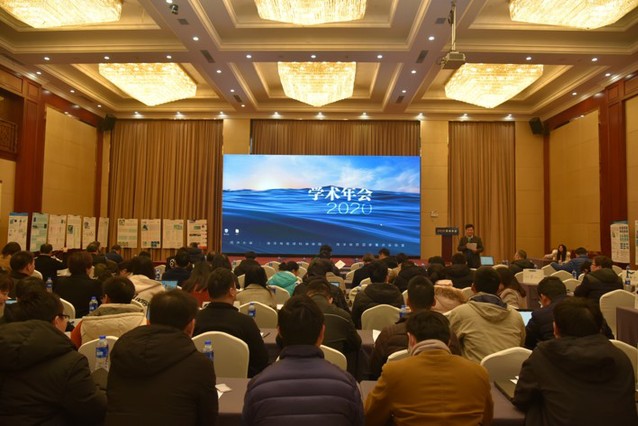
Professor Zhifei Liu firstly presented the research achievements of the South China Sea Deep, and proposed to emphasize the international cooperation in the following South China Sea investigations. Professor Huaiyang Zhou reported the progresses and challenges of the China National Scientific Seafloor Observatory. Professor Zhimin Jian introduced the fifth round of majordiscipline evaluation and was glad to see the great achievements of marine science and geophysics made in the past five years. He also proposed a long-term development strategy of cultivating high-level talents, scaling new height of oceanography research, leading international cooperation and building a first-class international marine research center. Afterwards, Drs. Jiangtao Li, Zhongfang Liu, Haowen Dang, Enqing Huang, etc. gave the talks about the major research highlights in 2020.
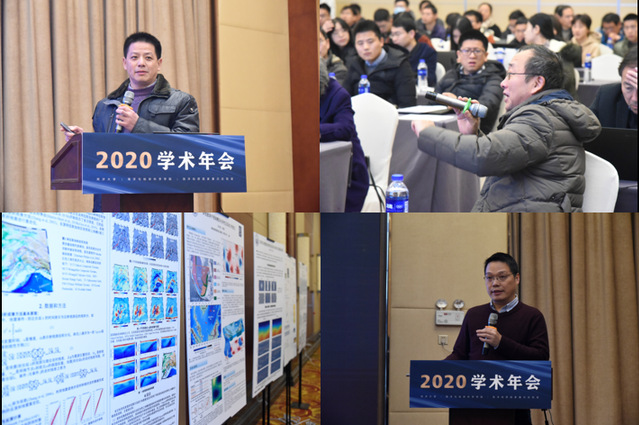
According to the academic directions and research focus of MGLAB and school, five individual sessions were organized: Oil & gas geology and geophysics, Ocean-land interaction in marginal seas, Low-latitude driving of climate evolution, Lithospheric geology, geophysics & geochemistry, and submarine observation: the combination of science and technology. Many academic and postdoctoral researchers reported their latest work and future research plans. The participants discussed and exchanged views warmly, and many constructive suggestions were provided.
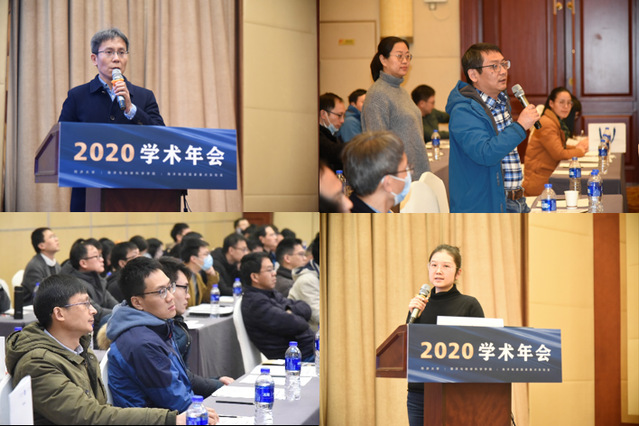
At the end of the meeting, Academician Pinxian Wang gave a plenary talk entitled “ten years review, ten years outlook”. Prof. Wang pointed out that Tongji University has led the mainstream direction of Earth System Science in China in the past ten years, completed the South China Sea Deep, made great progress in “deep drilling, deep observatory and deep diving” (Three Deeps), and laid a very solid foundation for future research. In the next ten years, we will strive to transform the science and technology mode in China from “raw material output” to “deep processing”, build “Three Deeps” research center of China's deep-sea science, and become the forerunner of China’s earth science transformation.
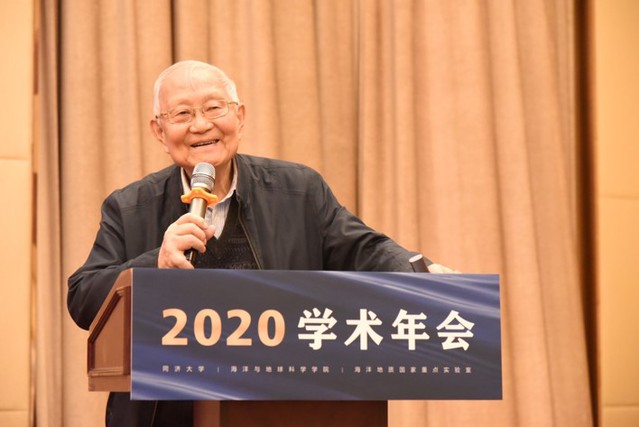
2020 is a special year, the sudden outbreak of COVID-19 pandemic has brought various challenges to teaching, scientific research, and administrative work. But the ocean people of Tongji University face the challenges bravely and overcome all kinds of difficulties, making great achievements. In 2020, the School has published 130 SCI papers, including many high quality papers on Nature, PNAS, Science Advances and other international high-level journals; won one grant for the National Science Fund (NSF) for Distinguished Young Scholars, five key NSF grants, 1 NSF of Foreign Youth grant, and 14 NSF general and youth grants. Professor Shao Lei’s team won the first prize of Shanghai Science and Technology Progress Award. This year we have also made outstanding achievements in the work of popularizing science, winning the second prize of the 2020 Shanghai Science Popularization Award, the first prize of the Science Popularization Contribution Award (Organization), and the book “All in the same boat, one dream about the South China Sea” compiled by the China IODP- China Office won the excellent science popularization books of Shanghai.
